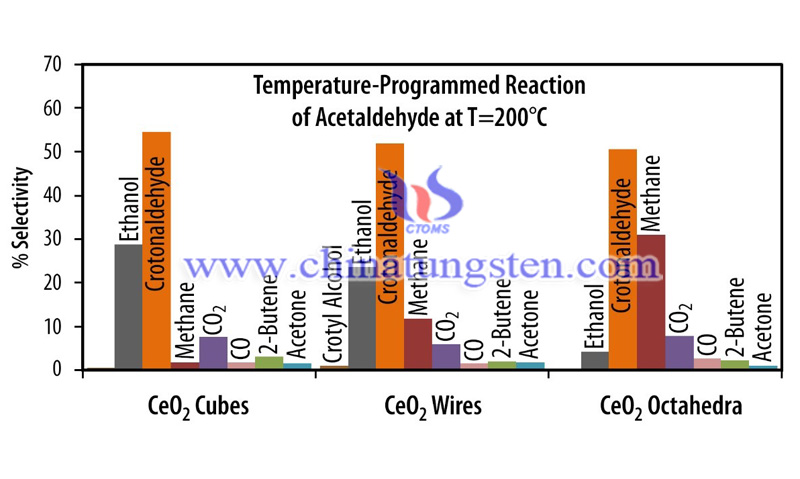Rare Earth SCR Denitration Catalysts Developed Successfully
- Details
- Category: Tungsten's News
- Published on Tuesday, 06 August 2019 08:23
Rare earth selective catalytic reduction (SCR) denitration catalysts have been developed successfully, replacing traditional vanadium-based catalysts. Sulfur dioxide (SO2) and nitrogen oxides (NOx) are listed as the main pollutants for air pollution control, and the denitration process of coal-fired flue gas has become one of the important measures for energy conservation and emission reduction.
Recently, Inner Mongolia Seagate Environmental Protection Technology Co., Ltd. (Seagate Environmental Protection) and the State Key Laboratory of Materials-Oriented Chemical Engineering of Nanjing Tech University have successfully developed and produced rare earth SCR denitration catalysts, filling the blank of flue gas denitration catalysts in the field of atmospheric control in China.
“Our SCR flue gas denitration unit adopts a high dust type process, and the reactor is arranged between the economizer and the air preheater. Each boiler is equipped with 2 SCR reactors and arranged symmetrically along the centerline of the boiler. After testing the denitration efficiency and ammonia slip, SO2/SO3 conversion rate, overall flue gas resistance of the reactor, ammonia consumption and other indicators are all qualified," said Zhimin Wang, general manager of Seagate Environmental Protection.
The traditional denitration catalyst is mainly based on vanadium-based denitration catalyst, and the technology is mature and widely used. According to Professor Shengmin Zhu from Nanjing Tech University, the main active ingredient used in the vanadium-titanium denitration catalyst is vanadium pentoxide, which is a highly toxic substance. In recent years, China has produced a replacement of cadmium-titanium toxic denitration catalysts of 300,000 to 400,000 cubic meters per year. A large number of discarded toxic catalysts, such as improper storage or disposal, are highly polluting soil and groundwater, posing a huge hidden danger to China's environment. Therefore, it is very important to develop SCR denitration catalysts with independent intellectual property rights and high efficiency and low cost.

In 2016, the “National Encouragement of Toxic and Hazardous Raw Materials (Products) Substitutes Catalogue (2016 Edition)” clearly listed rare earth-based denitration catalysts as a substitute for vanadium-based denitration catalysts. Its active component is composed of rare elements oxides such as lanthanum, cerium and yttrium and other transition metal oxides.
The rare earth-based denitration catalyst developed by Seagate Environmental Protection not only eliminates the vanadium pentoxide component, but also optimizes the properties of the vanadium-based denitration catalyst. In the preparation technology of denitration catalysts, they increase the specific surface and catalytic activity, and solve the contradiction between high activity and high strength and high wear resistance, thus prolonging the service life of the catalyst.
The data shows that there are about 850,000 cubic meters of SCR denitration catalysts in operation during the 13th Five-Year Plan period. It is expected that the spent vanadium and titanium denitration catalysts will be replaced by 300,000 cubic meters per year from 2018. "If all vanadium-titanium denitration catalysts are replaced by rare earth denitration catalysts, 300,000 cubic meters of hazardous waste will be reduced every year. It can also balance the use of China's abundant light rare metals resources to promote the industry healthy development." Zhimin Wang said.
- Rare Earth Manufacturer & Supplier, Chinatungsten Online: www.chinatungsten.com
- Tungsten News & Prices of China Tungsten Industry Association: www.ctia.com.cn
- Molybdenum News & Price: news.molybdenum.com.cn
- Tel.: 86 592 5129696; Fax: 86 592 5129797; Email: sales@chinatungsten.com



 sales@chinatungsten.com
sales@chinatungsten.com